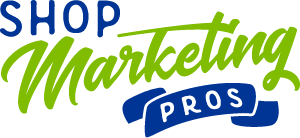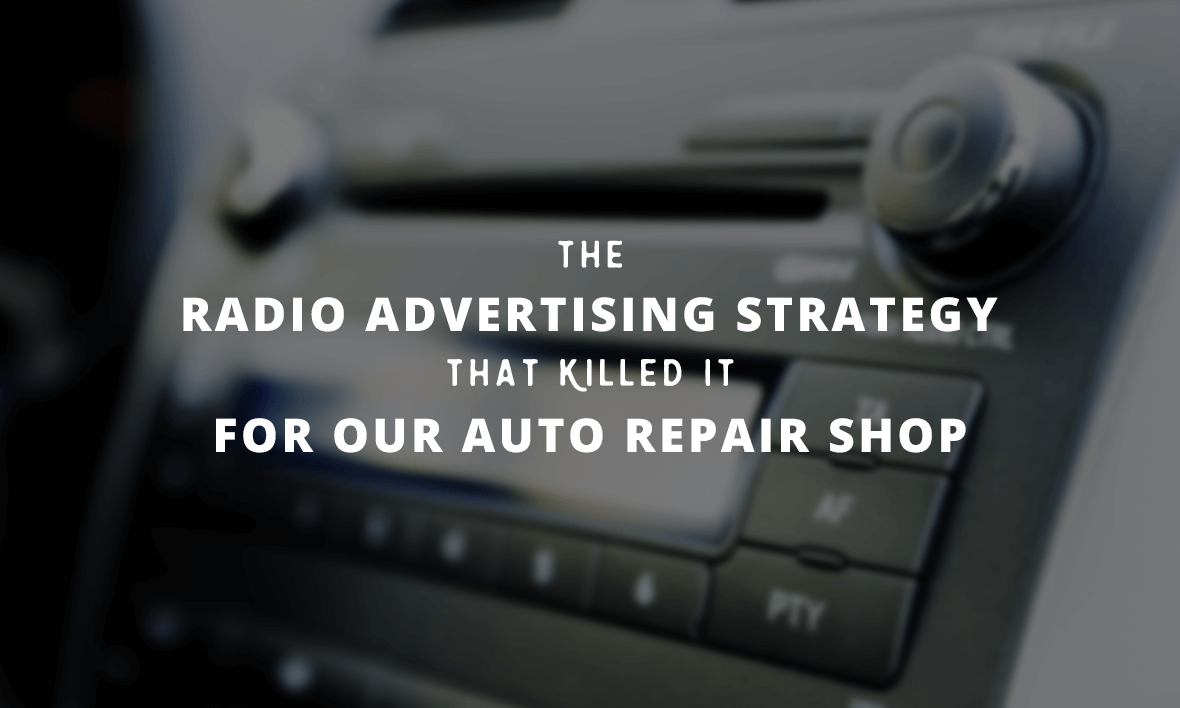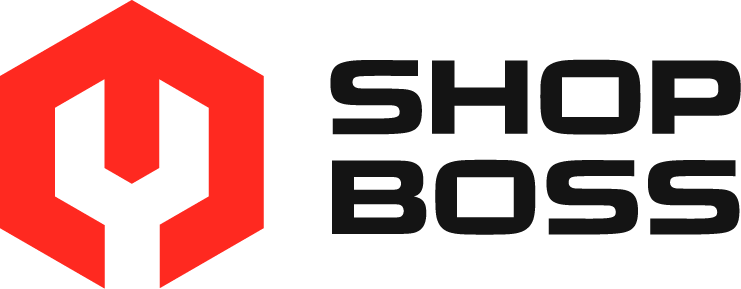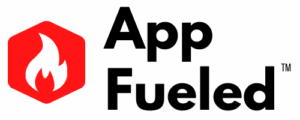Prefer to listen? Use the player to listen or read on below.
As a marketing agency that specializes in marketing auto repair shops, we usually stick to the foundational marketing techniques that are repeatable and just – simply – work. It’s rare that we shy away from working within the realms of your website, email marketing, social media, search engine marketing, and direct mail.
The reason is, we don’t like to do gimmick marketing or marketing that can’t be tracked.
When you get into traditional mass media like television, radio, and billboards, there’s no doubt that they work. The giants like McDonald’s, Coke, and all of the others you see when you’re watching TV know exactly what they’re doing with their marketing budgets and they don’t spend money on media that doesn’t work.
But just because it works for companies who are doing 9-figures plus in revenue doesn’t mean it will work for small businesses like auto repair shops.
These large companies spend millions of dollars on awareness marketing. Their goal isn’t typically to do marketing that they can directly contribute to a sale, but rather doing marketing that implants their brand into the consumer’s mind.
Awareness marketing is valuable for small businesses too, but we don’t have the luxury of being able to spend boatloads of money and then sit back and wait for the sales to come months later. Most auto repair shops operate in a place where the marketing dollars they spend today need to produce a return in the following weeks. That’s why we love marketing mediums like Google AdWords.
That being said, there was a time when we nailed it with a radio strategy that just kept producing for us. Notice I didn’t say it was an “AD” that kept producing.
The Radio Advertising Strategy That Just Kept Producing
Let me give you a little back-story first.
Back when I first opened up my shop, one of my very first clients was a guy by the name of Jack Boston (at least I thought that was his name). He drove an old Mercedes 300SD.
Over the years, Jack became a great client and I learned that he was a radio DJ. “Jack Boston” was just his radio name, but that’s the persona he took on and it’s the name that he went by in his daily life.
One day Jack came to me and told me he wanted to run some radio ads for my shop. I’d never been interested in doing radio ads, and to be honest, the only reason I entered the conversation was that Jack was a client and friend, and I felt I owed it to him to at least entertain the idea.
Jack wanted to do something different. He didn’t want to do pre-recorded ads. He wanted to do live endorsements during his show. The idea was, he would be talking about a particular topic, and when he hit a point that it made sense, he would relate the topic to getting his car fixed and just start talking about us.
Jack sold me. I signed a six-month contract with the radio station and we were set to go.
Within a couple of days of signing the contract, we got some terrible news that would change everything. Jack found out he had Leukemia — and he would be spending the rest of his life focusing on overcoming the disease. He would not be continuing his radio work.
But we were in a signed contract, and the radio station wouldn’t let us out of it. They wanted me to just do traditional radio ads with them now. I didn’t (and still don’t) believe in traditional, recorded, set-length radio advertisements.
I spoke with Jack and he recommended going forward with the original plan but doing it with a radio talk-show host on another station owned by the same company. That radio personality was Bill LuMaye, a conservative talk show host on WPTF, 680 AM.
Now I already wasn’t a fan of radio, but I definitely wasn’t a fan of AM radio! But as it turned out, 680 AM is the biggest AM radio station between Atlanta and DC. The footprint and the listenership were huge, and Bill LuMaye had a cult following.
The original idea was based on the fact that Jack had been a client of ours for years and could talk from his heart about the personal experiences he’d had with us. Bill didn’t have these experiences.
I was already into this thing up to my neck, so I figured I’d better make it work. I went and met with Bill at the radio station, and then had him come visit the shop and meet my staff. When Bill pulled up at the shop, he was driving an old beater of a mid – 90s Camaro. This thing was seriously in rough shape.
My shop, Peak Automotive, was a high-line European shop. We worked primarily on Mercedes, BMW, Volkswagen, Audi, and Porsche. This Camaro wasn’t something that would ever roll into my shop, but I needed Bill to have “the Peak Automotive experience”.
One of my techs, Josh, had spent years at a generalist shop and he knew domestic cars inside and out. I had Josh go through that car and fix anything he could find broken. 3 days later we handed Bill the keys to his car, and he was blown away. I didn’t charge him a dime for the work we did.
For the next six-months, randomly during his show, Bill would talk about his car and his experience with our auto repair shop. The spots only happened 3 times per week, but people swore to us they heard Bill talk about us every-day. The spots were also supposed to be 60 seconds in length, but they often went up to 3 minutes as Bill raved about us and the amazing work we did for him.
We had truly created a raving-fan of the person who had become one of our largest sources of new business. And when people came in — we didn’t even have to ask them — they would tell us “Bill LuMaye told me to come see y’all”, as if they were personal friends.
Today there is a term for this kind of marketing. It’s called “influencer marketing”. When a person becomes a true influencer, people will listen to them and do what they say. When you can turn that influencer into a raving-fan so that they actually love you and believe in your service — rather than just being a paid spokesperson — you’ve hit gold.
When it comes to radio, you’d still be hard-pressed to get me to buy a traditional recorded advertisement. But I’d do live personal endorsements any day of the week.
So here’s how to create a successful radio ad strategy for an auto repair shop.
- Survey your clients and ask them what their favorite radio station is – or have your technicians or service advisor turn on the radio in the cars of your clients that you like and want more of, and write down the station it’s on.
- Ask those clients if there is a particular radio personality they like to listen to.
- Go make a deal with the radio station to do live endorsements with this radio personality.
- Get that personality to visit your shop – and do some work on their car. Most of these people are not rich and will likely be driving something that you can do some work on and leave an impression with them.
- Give them the 5-star treatment and turn them into a raving fan.
- Let them have complete creative freedom with what they say about you. The best endorsements are completely unscripted.
This strategy brought us a lot of great new clients. I am grateful that Jack convinced me to do radio in this way, and I’m grateful that the radio station held me in my contract.
Jack remained a great client and friend – but succumbed to the Leukemia a couple of years later. I actually had his car at my shop when he passed. It was a 400E this time. His wife said he would have wanted me to have it, and that car became another amazing blessing that Jack gave to me.
Thank you, Jack.
Looking for rock-solid strategies to market your auto repair shop? Check out our Ultimate Guide to Auto Repair Shop Marketing.

About The Author







